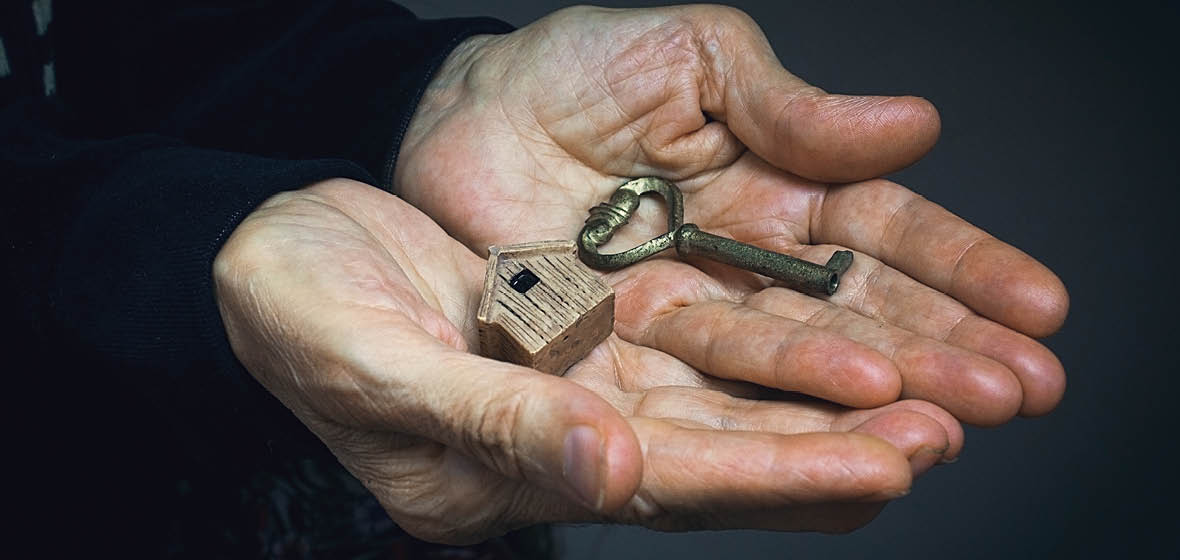Snapshot
- When construing a will, attention should be given to the whole of the will to ascertain the testator’s intention.
- A life estate creates an interest in the property which may be sold, mortgaged or leased. A life estate is usually conveyed by the words ‘occupy’ and, better still, ‘occupy and use’.
- A portable life estate gives the life tenant flexibility to find alternate accommodation if the need arises.
- A personal right of residence is often conferred by words like ‘reside’, ‘live’ and ‘remain’.
A testator may gift an interest in property, including real estate, in various ways. Apart from an absolute gift, the testator may give a life estate or its enhanced version: a portable life estate, or a personal licence allowing the beneficiary to merely reside in the property. The type of interest conferred by the will always depends on divining the testator’s intention. Primary attention must be given to the text of the whole will, although other evidence of the testator’s intention is allowed in limited circumstances under s 32 of the Succession Act 2006 (NSW) and the common law.
Absolute gift
If the will gives an interest in property to a beneficiary with provision for the property to later pass to another beneficiary, it is unlikely that an absolute gift is conferred. This was the case in Zuleva as executor of the estate of Grizun v Zuvela [2015] WASC 410, where the (homemade) will stated ‘I leave to them [the property] – after my death – while they are alive – and after their death it goes to Vince’s son Paul and to his male children’.
The court stated that the words did ‘not permit the conclusion that the gift was absolute’.




